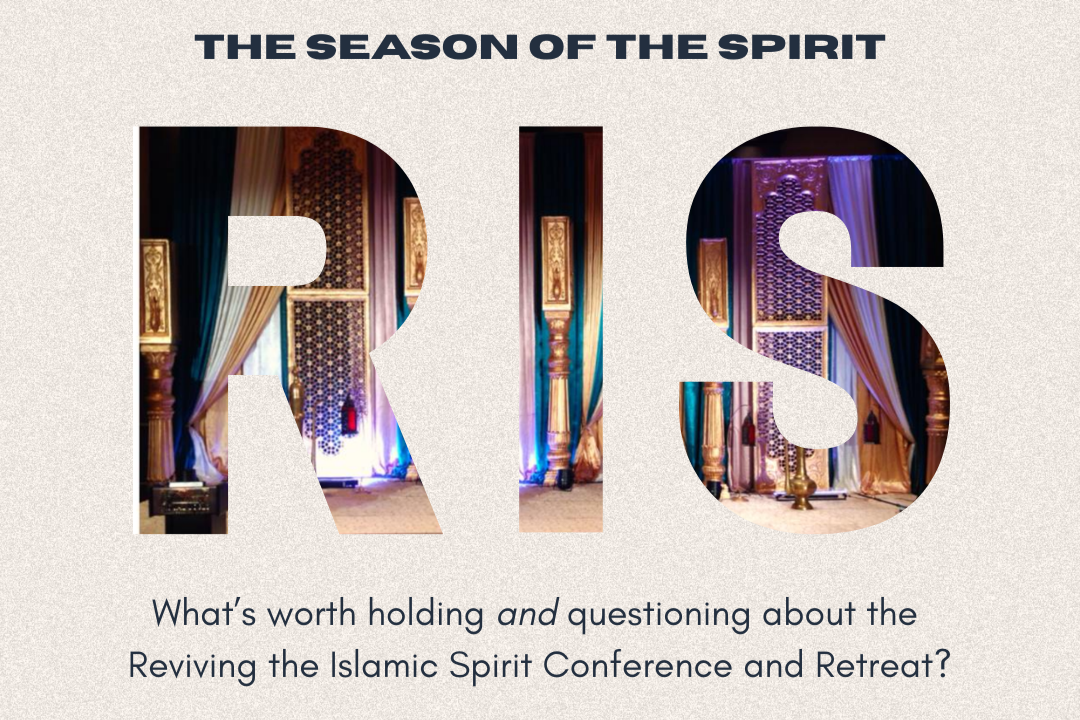Leadership Wisdom Beyond Business Books
“What’s the last business book you’ve read?”
Someone asked me this recently. After a beat, I realised I couldn’t name one.
It’s not because I’ve stopped reading (the librarians in the NYC libraries of my childhood would still be proud) but because the work I do doesn’t often start with traditional business books.
As a researcher and strategist, I work with organisations, foundations, companies, and solo entrepreneurs to design learning strategies, educational programs, interpret data, and host meaningful gatherings. And most of my reading aligns with this work which is fundamentally about people:
I read peer-reviewed research on organisational learning, ethics, racial justice, education, and belonging.
I read memoirs and nonfiction to understand how history and sociopolitical forces shape lives.
I read fiction to inhabit different imaginaries of possible worlds.
I read poetry to remind myself that language isn’t just transactional. That slowness and lyricism are also ways of knowing.
I don’t dismiss business books. They offer valuable models and insights.
But it’s important to recognise whose voices dominate them. According to one 2022 study only 12 of the top 100 business/leadership books on Amazon are by women or people of colour, and just 18% are written by women overall. Another review of top leadership lists highlights that most bestselling titles are written by white men.
This matters. When the dominant narratives in business literature are platformed by major publishers and authored by a homogeneous cohort, we risk seeing leadership through a similarly narrow lens.
Systems don’t change without people changing. And if we want systems that are more equitable and inclusive, we need to read and lead from broader perspectives.
So yes, I read business books from time to time. But I also push my mind, imagination, and emotions beyond them because the worlds we imagine shape how we gather, learn, relate, and ultimately lead.
And if we want different systems, we have to practice different ways of knowing and being.





